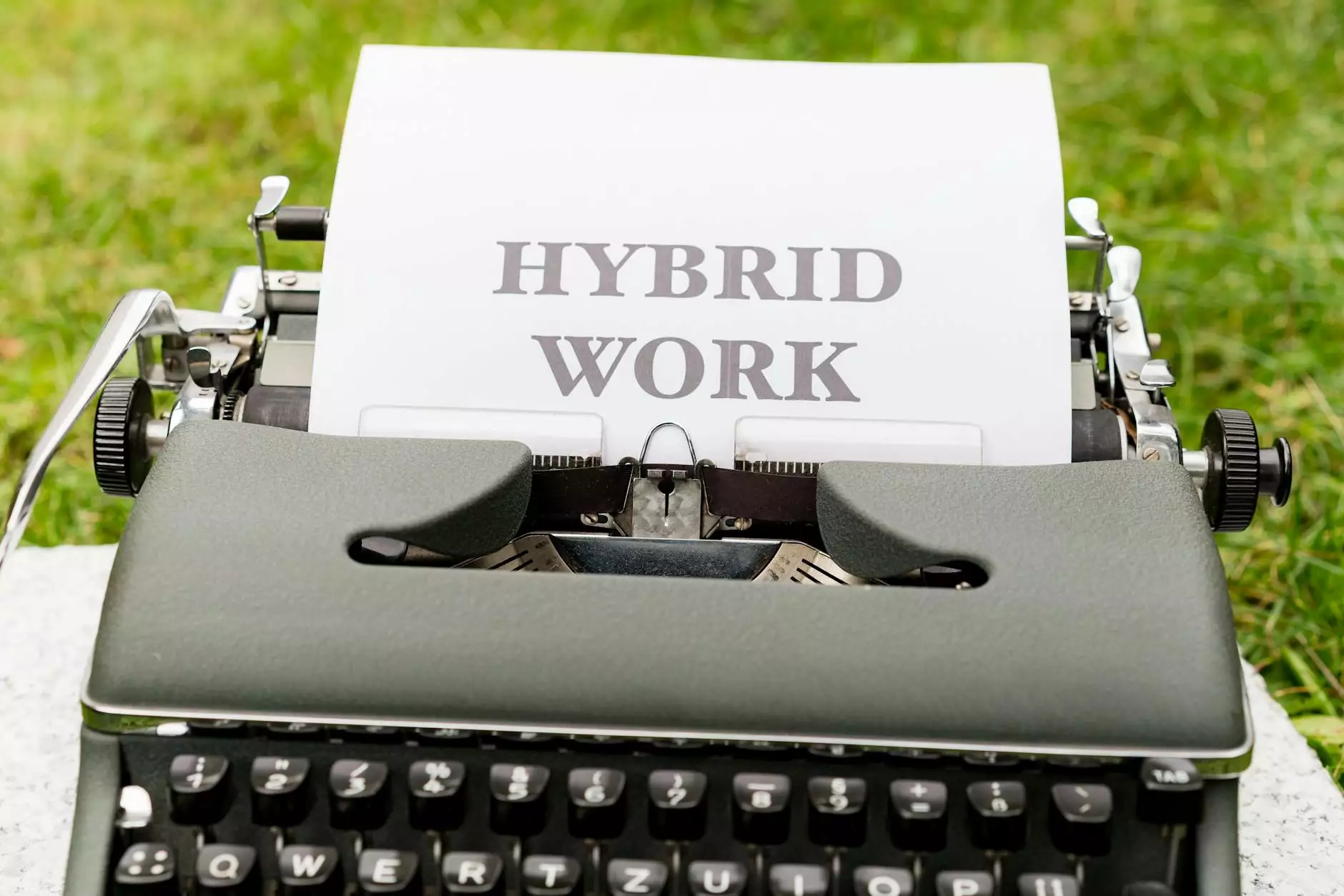Things to Look Out For in a Commercial Lease Agreement

Entering into a commercial lease agreement can be a significant step for businesses of all sizes. It’s crucial to understand that this contract will dictate the terms of your business's occupancy in a leased space for a specified period. Before signing on the dotted line, both landlords and tenants should carefully evaluate several key elements to ensure that the agreement aligns with their best interests. This article delves deep into the essential things to look out for in a commercial lease agreement.
1. Lease Term: Duration and Renewal Options
The lease term is the period during which the lease is valid. Understanding the duration is vital, as it must align with your business plans. Consider the following:
- Standard lease terms typically range from one to five years.
- Look for renewal options; these can provide the flexibility necessary to extend your lease without renegotiating from scratch.
- Assess whether the lease includes escalation clauses that could affect the tenability of the business over the years.
2. Rent Amount and Payment Terms
Clarifying the rent amount and payment terms is essential to avoid financial surprises. Focus on these aspects:
- The base rent should be explicitly stated in the lease agreement.
- Payment frequency (monthly, quarterly, annually) should be detailed.
- It's crucial to understand any potential future increases and the calculations or indices used to determine them.
3. Security Deposit: Conditions and Returns
A security deposit acts as a safeguard for landlords against potential damages or unpaid rent. Key considerations include:
- The amount of the security deposit should be reasonable and defined.
- Conditions for withholding or returning the deposit must be clear.
- Understand the timeframe for the return of the deposit upon lease termination.
4. Operating Expenses: Understanding Additional Costs
Often, tenants are responsible for additional operating expenses, making it essential to grasp what these entail:
- Identify which utilities are covered by you (e.g., water, electricity, internet).
- Understand if maintenance, property taxes, and insurance are included.
- Determine whether these costs are fixed or variable, as this will impact your overall budgeting.
5. Permitted Use: Zoning and Compliance
The lease must explicitly define the permitted use of the property. This is critical for ensuring compliance with local zoning laws. Risks associated with vague use clauses can predispose a tenant to fines or forced relocation. Therefore:
- Clearly outline your intended use of the premises in the lease.
- Ensure no restrictions will impede your business operations or expansion plans.
6. Maintenance and Repairs: Responsibilities Defined
The lease should articulate who is responsible for maintenance and repairs of the leased space:
- Typically, landlords may be responsible for the building structure, while tenants handle day-to-day operational maintenance.
- Negotiate clear definitions regarding major repairs that may impact your business operations.
7. Alterations and Improvements: Making the Space Your Own
As your business grows, you may require alterations and improvements to the leased space. This must be addressed in the lease agreement:
- Look for clauses that specify whether alterations are allowed, and what permissions are needed from the landlord.
- Understand if any improvements you make become the landlord’s property at the lease's end.
8. Subleasing and Assignment: Sequential Lease Structures
Having the option to sublease or assign your lease to another party can be a valuable flexibility feature. Here are considerations to keep in mind:
- Review any terms that restrict subleasing activities.
- Know the landlord’s process for approving a sublease or assignment, which could impact future plans.
9. Termination Clause: Understanding Lease Exit Strategies
A termination clause delineates conditions under which either party can end the lease before the contract's expiration:
- Review the penalties for early termination, as they vary widely by lease.
- Ensure that notice requirements are fair and reasonable, allowing sufficient time for arrangements.
10. Insurance Requirements: Protecting Your Business
Most commercial leases stipulate varying insurance requirements. Familiarize yourself with what coverages are necessary:
- Expected policies may include liability, property damage, and loss of income coverage.
- Confirm the adequacy of coverage limits to safeguard your assets.
11. Indemnity and Liability Limitations: Assessing Risk
Understanding indemnity and liability limitations in your lease agreement is vital for risk management:
- Examine clauses that dictate who bears financial responsibility for specific losses or damages arising on the property.
- Consider negotiating terms that protect your business from unreasonable claims.
12. Default and Remedies: Knowing Your Rights
A lease should clearly define what constitutes a default, along with remedies available to both parties. Key points include:
- List specific actions or inactions that trigger a default notice.
- Familiarize yourself with the notice and cure periods that allow a tenant the chance to rectify a default before further action is taken.
13. Dispute Resolution: Handling Conflicts with Ease
Disputes can arise in any landlord-tenant relationship. Having a clear dispute resolution clause can streamline conflict management:
- Identify whether the lease outlines mediation, arbitration, or legal proceedings as a form of resolution.
- Clear procedures can save time and reduce costs associated with legal disputes.
14. Co-tenancy and Exclusivity Rights: Strategic Considerations for Retail
In retail leases, co-tenancy clauses can critically influence your business's success:
- Ensure you know the repercussions of neighboring tenants vacating their leases.
- Look for exclusivity rights that prevent similar businesses from opening nearby, enhancing your market position.
15. Signage Rights: Maximizing Visibility
Effective signage can drive traffic to your business. Therefore, understanding signage rights is essential:
- Review any specifications or limitations regarding signage size, location, and content.
- Ensure that you have the necessary approvals to display your branding prominently on the premises.
16. Environmental Considerations: Navigating Compliance
Be proactive regarding environmental considerations that might impact your business.
- Familiarize yourself with local regulations concerning hazardous materials and environmental compliance.
- Disclosure of any environmental issues with the property is vital for planning your operations.
Conclusion: The Importance of Comprehensive Review
Taking the time to thoroughly analyze and negotiate the things to look out for in a commercial lease agreement is not only wise but necessary for safeguarding your business's future. The complexities involved in these agreements require careful thought and often professional guidance. Legal counsel can provide invaluable insights, ensuring that the terms are favorable and comprehensive, ultimately leading to a successful leasing experience.
As a potential tenant or landlord, be proactive in understanding each provision and fostering a relationship that encourages clear communication. The success of your business may depend significantly on the foundation laid by a well-crafted commercial lease. Always remember, clarity and fairness in the agreement can pave the way for a long-lasting and prosperous partnership.









